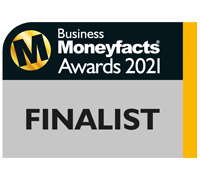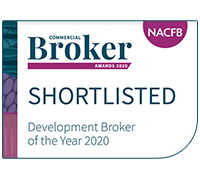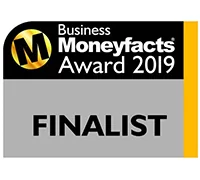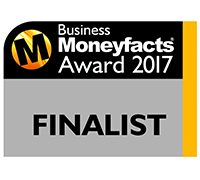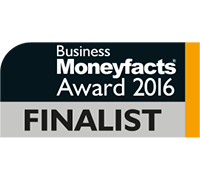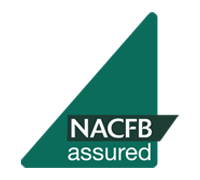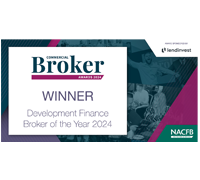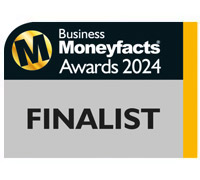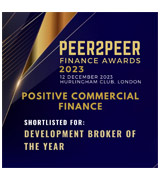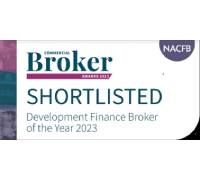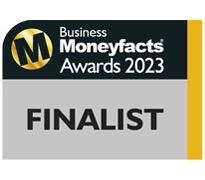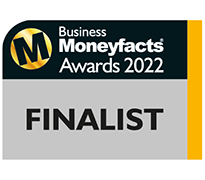Apply Online
Joint Ventures
If a developer is lacking the financial means to access a more conventional Development Finance loan, then a Joint Venture could be considered.
What is a Joint Venture?
Typically, this involves 100% funding by an investor or partner, for a profit share. We have numerous lender Joint Venture partners & investors who will consider 100% funding the right project, with the profit share amount determined by the individual lenders assessment of risk, amongst other things. Interest will also be charged on the monies utilised, and charged against the drawn sum each month.
The developer will be responsible for funding all “up-front” costs (i.e. before the land acquisition) including the planning consent and professional reports, though these can usually be charged back to the scheme. The investor first advances their funds for the acquisition, and then typically to cover each and every cost thereafter.
Naturally a developer needs to be sufficiently experienced and able to demonstrate their success via previously delivered schemes.
Given their unique nature, Joint Ventures are a kind of partnership and are all agreed on a case by case basis. At Positive Commercial Finance we have facilitated many Joint Venture Property Development deals for our experienced developer clients.
What is a Joint Venture agreement used for?
A “JV” is where a third party puts in the short-fall or money to get a property development project off the ground. This could be where a Senior Debt lender provides a loan facility, and then a JV partner puts in the rest of the cash to make the deal work, or where a JV partner funds 100% of the total project costs, including the land purchase. Given the JV partner is putting all the required cash in (and therefore taking all the risk), naturally they’ll want a share of the profits.
A Joint Venture agreement would formalise the relationship between the two parties, spelling out exactly who does what, on what terms, and at what “cost”. Such agreements will be drawn-up and agreed between solicitors.
Provided you have sufficient development experience, or a very strong professional team around you to mitigate for any lack of personal, hand-on experience, and provided that the project has enough profit in it, then in principle, “yes”, you can get a JV deal.
If a developer is lacking the financial means to access a more traditional finance product, then a Joint Venture could be considered. We have numerous lender partners & investors who will consider 100% funding the right project, with profit share determined by the individual lenders assessment of risk, amongst other things. Interest will also be charged on the monies utilised. The developer will be responsible for funding all up-front costs including the planning consent and professional reports, though these can usually be charged back to the scheme.
Very often, a JV partner will need Detailed Planning Permission to be in place. JV partners on the whole do not like planning risk, so they prefer a developer to have an “oven-ready” project to bring to the table.
What are the Key Features of a Joint Venture Financing?
100% of costs covered (except any necessary upfront professional reports)
Project needs to show a minimum profit margin of 25% on GDV (excluding finance)
Minimum project costs of £500k, with no upper limit.
Interest rate, fees and profit share on a case by case basis.
Net Profit shared between the developer and the JV investor.
What are the Joint Venture lending criteria?
Detailed planning consent must be in place.
Multi-unit schemes in England, Wales and Scotland considered.
Residential schemes preferred.
Commercial and mixed-use schemes can be considered with a pre-sale or pre-let.
Personal Guarantees usually required.
Given the JV partner is putting all the cash in, and therefore taking all the financial risk, they will expect to be in control of the Special Purpose Vehicle (SPV) which the project will sit in. So, they’ll certainly need to be the majority shareholder, with often both the JV partner and the developer being Directors of that company. A specialist solicitor will create a Joint Venture contract between both parties, which would outline the role each party plays, and usually that points out that the JV partner puts the cash in for a specific return, and the developer completes the project on time and within budget.
Naturally a developer needs to be sufficiently experienced and able to demonstrate their success via previously delivered schemes.
Given their unique nature, Joint Ventures are a kind of partnership and are all agreed on a case by case basis. At Positive Commercial Finance we have facilitated many Joint Venture deals for our experienced developer clients.
What information is needed to progress a Joint Venture Development Finance application?
Applicant company name & number.
Directors & significant shareholders CV’s or Biographies.
Full site/ property address.
Copy of the planning consent.
Financial Appraisal (can exclude finance costs) and Cash-Flow.
Detailed build costs.
Schedule of proposed Accommodation.
Details of the professional team (contractor, architect, structural engineer, CDM coordinator etc).
Procurement Method (For example, Design & Build or Construction Management?).
Any comparable sales information (or agent’s opinions) to support the proposed GDV.
Criteria overview
- Cheapest rates guaranteed
- Up to 36 months
- Loans from £100K to 100 Million
- Any location
- Options with no exit fees
- Residential commercial mixed use
Development Calculator
Other Joint Ventures Product Types
Quick Enquiry
